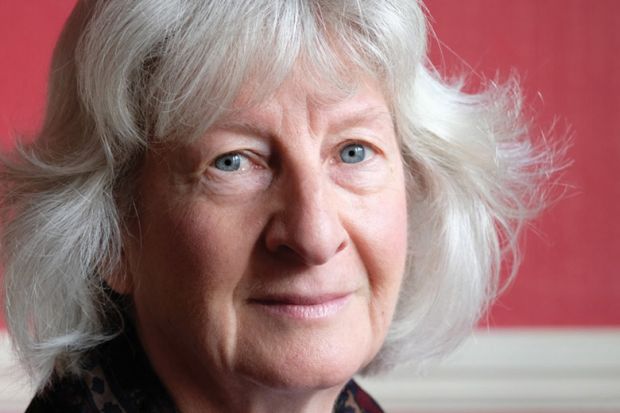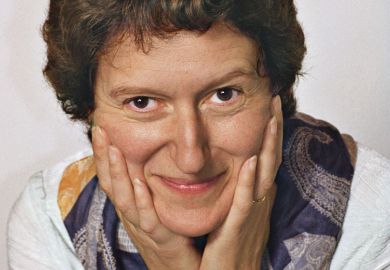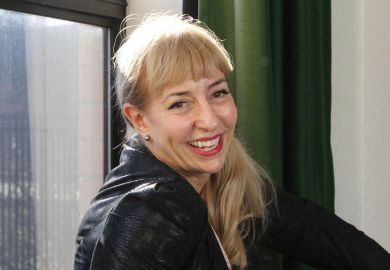What sorts of books inspired you as a child?
I was fascinated by the English Civil War because I had seen Anthony van Dyck’s paintings of the children of Charles I when I was not much older than they were. I loved C. V. Wedgwood’s The King’s Peace and The King’s War. I watched, read and admired Kenneth Clark’s book and television series Civilisation. And I wolfed down historical novels, starting with Rosemary Sutcliff when young.
Which books inspired you to devote your professional life to medieval history?
My parents took me to see some of the great Romanesque and Gothic buildings in France when I was young, and that brought the medieval period alive for me. They gave me a copy of Willibald Sauerländer’s French Gothic Sculpture as a birthday present when I was a student: I still use it, often. Charles Homer Haskins’ The Renaissance of the Twelfth Century is a book of great learning, lightly worn, and sparked my interest in the rich culture of the High Middle Ages. Robert Fawtier’s The Capetian Kings of France was written during the Second World War, and his urge to trace the emergence of France as a nation is moving; my copy is full of my scribbled undergraduate notes. Marc Bloch’s Les Rois Thaumaturges (The Royal Touch), though written in 1923, remains thought-provoking. I’m not sure I could count Angus Wilson’s novel about medievalists misbehaving, Anglo-Saxon Attitudes, as a formative influence, but I found it irresistible.
In your new book Blanche of Castile: Queen of France, you mention a recent ‘rich seam of study of medieval queenship’. Can you give some examples?
Much of the pioneering work on medieval queenship, by scholars such as John Carmi Parsons, Pauline Stafford and Jinty Nelson, comes in collections of essays. There are some splendid studies of individual queens. My favourite is Margaret Howell’s elegant and humane biography of the queen of Blanche’s cousin, Henry III of England, Eleanor of Provence: Queenship in Thirteenth-Century England.
Which books on the Middle Ages would you recommend to non-specialists?
Good but non-specialist books on the Middle Ages are rarer than they should be, but Ian Mortimer and Helen Castor – in her books She-Wolves: The Women Who Ruled England before Elizabeth and Joan of Arc: A History – are changing that, although both focus on the later Middle Ages.
What is the last book you gave as a gift, and why?
I gave my mother War and Peace. We both enjoyed watching the BBC series, and I hugely enjoyed rereading it for the third time. I’m not sure how far my mother has got with it, though…
What books are you planning to read shortly?
Having been influenced by Kenneth Clark’s Civilisation as a teenager, I am looking forward to reading James Stourton’s recent biography of him. I enjoy Elizabeth Jane Howard’s novels, including the Cazalet series, and her autobiography, so I will not be able to resist Artemis Cooper’s new biography of her. For reading on the train, I have taken Donna Leon’s By its Cover out from my local library.
Lindy Grant is professor of medieval history at the University of Reading. Her latest book is Blanche of Castile: Queen of France (Yale University Press).
POSTSCRIPT:
Print headline: Shelf Life
Register to continue
Why register?
- Registration is free and only takes a moment
- Once registered, you can read 3 articles a month
- Sign up for our newsletter
Subscribe
Or subscribe for unlimited access to:
- Unlimited access to news, views, insights & reviews
- Digital editions
- Digital access to THE’s university and college rankings analysis
Already registered or a current subscriber?




